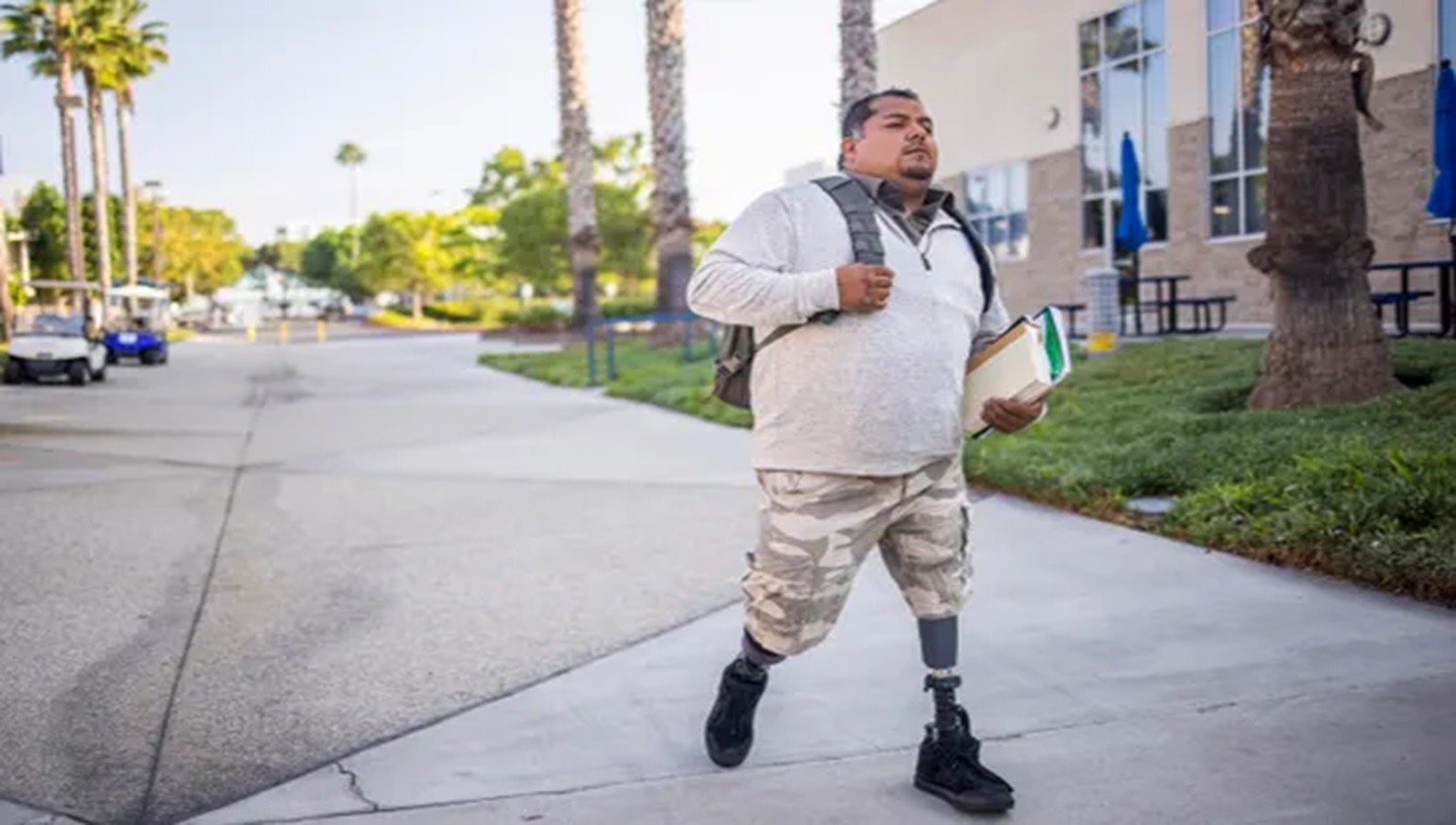About Us
About Us
Capabilities
Capabilities
Impact
Impact
Commitments
Commitments
The Cigna Group Foundation
The Cigna Group Foundation is committed to improving health equity in local communities by being a catalyst for change.

Our Path Forward
Community is essential to our well-being and vitality. It gives us a place to live, learn, and love. But healthy communities don't just happen. They're created and cared for each day by those who live there.
The Cigna Group Foundation was created to help give back to the communities that give us so much. By committing more than $27 million over three years, we're going to make a bigger impact in locations that need it most-locally and globally.
Local organizations know first-hand what their communities need. They also know how and where the most effective change can be made. By working together, we can make a larger impact sooner. Not only that, but we can engage other local partners to learn best practices and do the same.
Who We Are
The Cigna Group Foundation is the philanthropic arm of The Cigna Group®. It provides grants to organizations focused on improving the health and vitality of people. Its goal is to support individuals who lack basic needs, including easy or close access to health care.
For more than 50 years, The Cigna Group Foundation has been investing in a healthier future for communities across the country and around the globe. Past grant funding includes creating better pathways for health care careers, increasing mental health screenings and referrals for people in health care deserts, and advancing access for physical and mental health care.
Our Grant Programs
The impact we want to make cannot be achieved alone. To help us deliver on our commitments, we’re partnering with innovative nonprofit organizations that already have the connections and capabilities to make real change. And together, we can do even more.

Improving Youth Mental Health
Through funding grants to local nonprofits, we are committed to improving access to mental health resources for our youth.
The 2025 application period is now closed.

Improving Veteran Mental Health Through Housing Stability
Through funding grants to local nonprofits, we are committed to helping provide housing stability for veterans and, as a result, positively impacting their mental health.
The 2025 application period is now closed.
Reducing Barriers to Health Equity
The Cigna Group Health Equity Impact Fund supports projects that directly address root causes of specific health disparities most prevalent in local communities.
The 2025 open call period is now closed.
More Information
Leaders
Learn More About Us
Connect with Us on Social
©